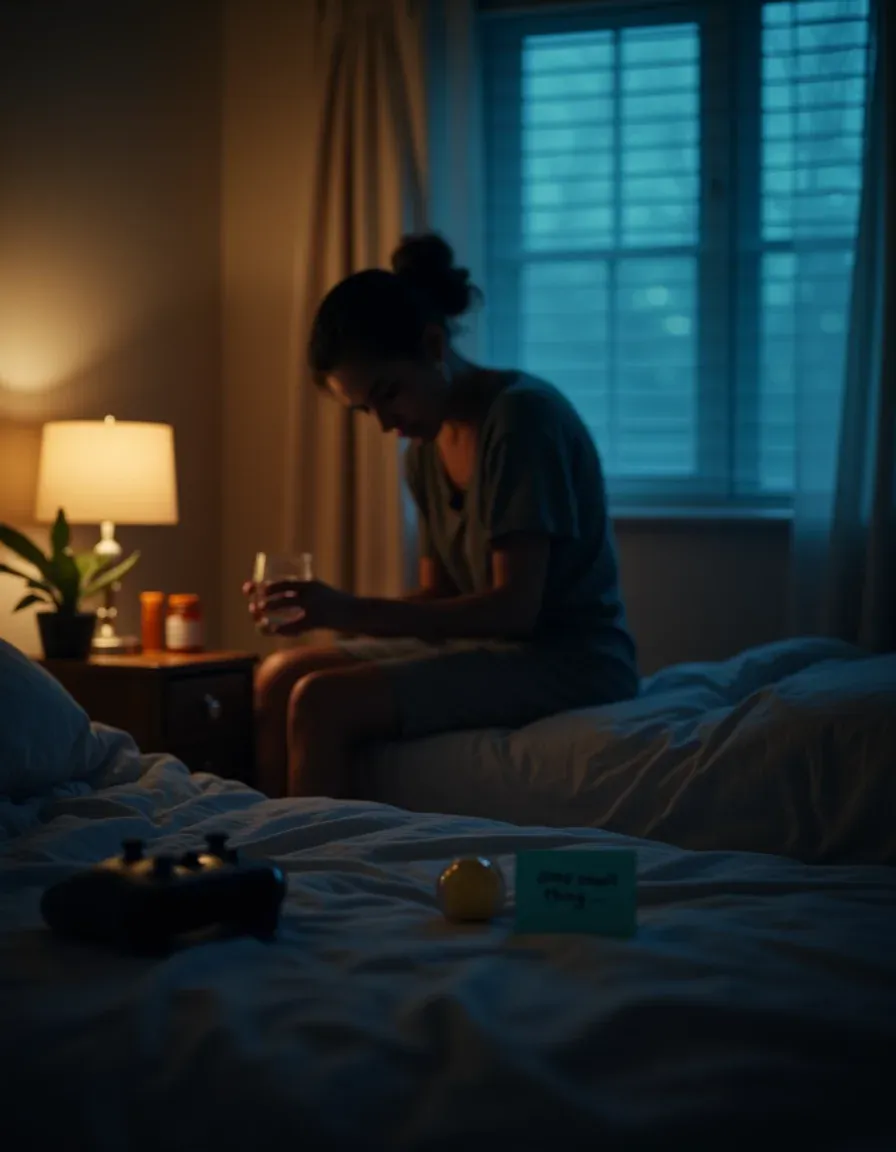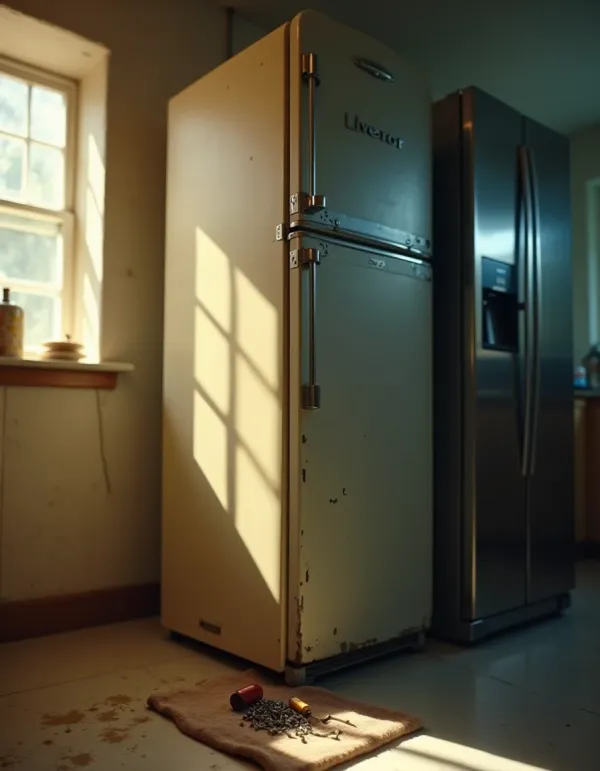When Life Feels Heavy — Real Ways People Are Getting Through
Life feels heavy — you're not alone. Read real, practical coping strategies people use tonight: tiny wins, grounding exercises, limits on escapes, reaching out, and when to consider therapy or medication.

The question: Life’s been brutal lately — how are you coping when nothing feels simple?
Short answer: people are all over the map. Some nights are flat-out impossible. Others are manageable. If you’re feeling stuck, here are the real tactics people actually use, and what might work for you.
What people try (and why)
- Distraction: Video games, YouTube, scrolling — it buys time and dulls the noise. It helps short-term, but most folks say the problems don’t go away forever.
- Detachment and routine: Existing on autopilot. Keep doing the basics for family, work, or responsibilities. It’s low energy, but it keeps things from collapsing.
- Therapy and meds: Tons of people find therapy and anxiety medication helpful to regain control and slow down overwhelming thoughts.
- Faith and purpose: Some find hope and stability by reconnecting with faith, or by working toward a clear purpose. That sense of meaning can be steadying.
- Short-term fixes or substances: Things like kava, kratom, alcohol, or other escapes pop up. They might feel useful in the moment — but they can make things worse long-term. Use caution.
- Small acts of kindness: Choosing to be kind to others or yourself — even when the world feels awful — helps some people keep perspective and purpose.
Practical steps you can try tonight
- Start with one tiny thing: make your bed, drink water, step outside for 5 minutes. Small wins build momentum.
- Limit the destructive escapes. If games or substances are your go-to, set clear limits and replace one session with a short walk or a call to a friend.
- Try a grounding technique: 5 things you see, 4 things you can touch, 3 sounds, 2 smells, 1 breath. It slows panic down.
- Reach out. You don’t have to “be brave” alone. Tell one person — “I’m not great right now” — and let them know what small support would help.
- If things feel unmanageable, therapy and medication are valid, proven options. They help a lot of people regain functioning and hope.
- Find meaning where you can — helping one person, doing one small act of kindness, or revisiting a faith or hobby that mattered to you.
For background on mental health and why these steps matter, see the Mental health overview: https://en.wikipedia.org/wiki/Mental_health
Final note: it’s okay not to be “fine.” Bravery isn’t a fixed trait — it’s a series of tiny choices. Do one small thing today, and give yourself credit for it. If you feel like you might hurt yourself or someone else, please contact local emergency services or a crisis line right now.




